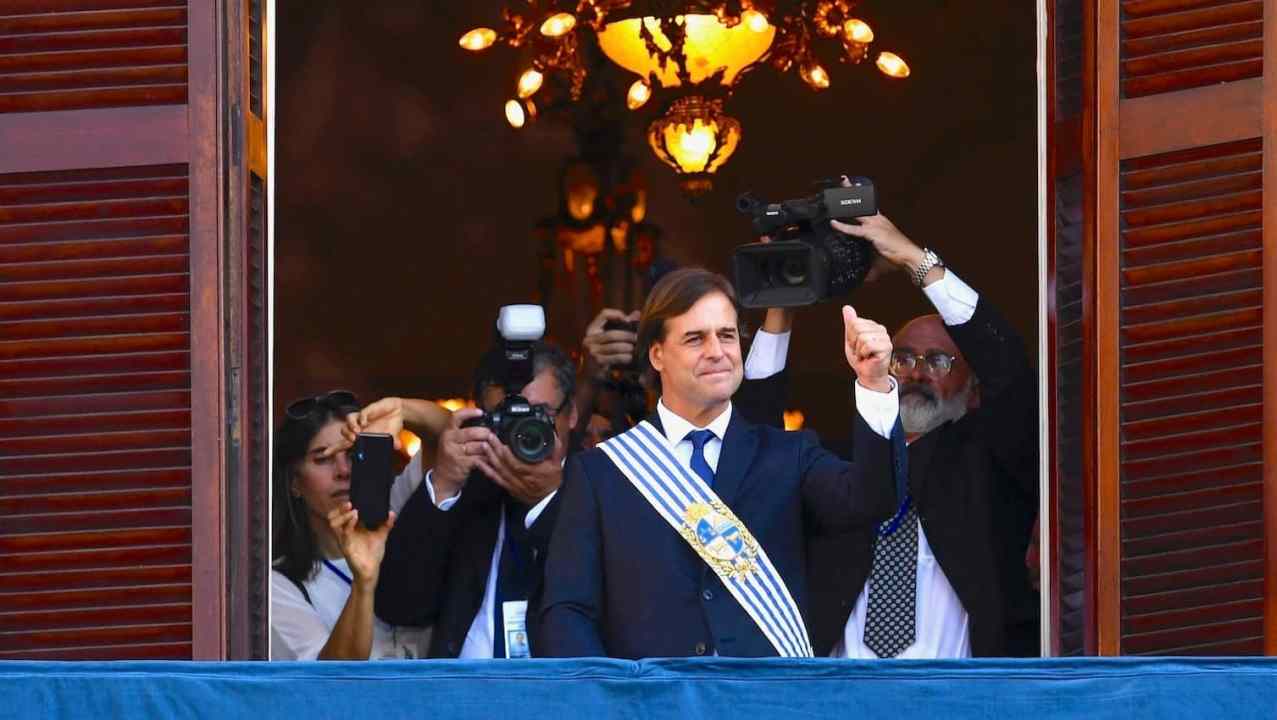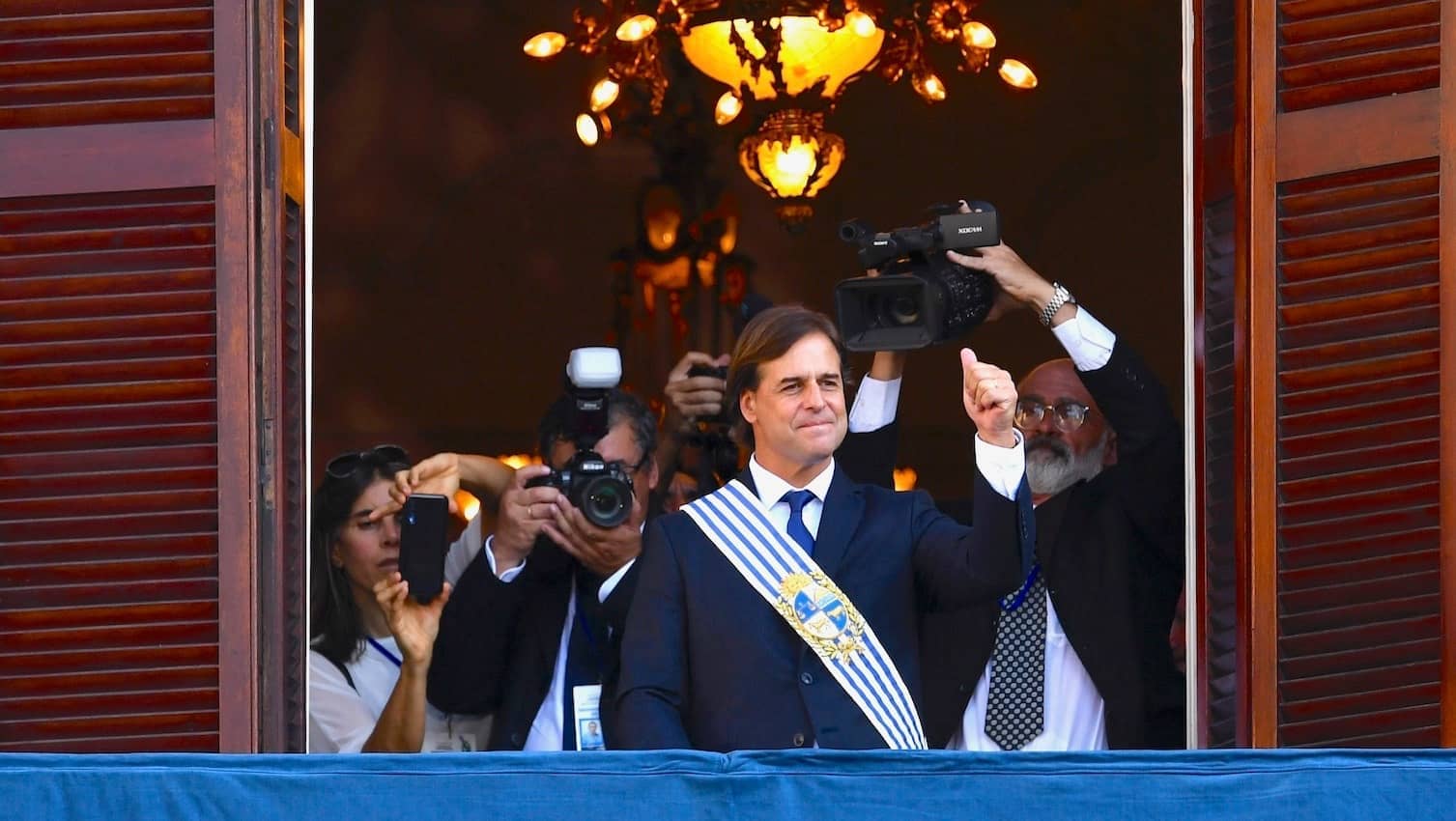Of all the epithets for Latin America, the most frustrating and demoralising must be the ‘forgotten continent’. Latin America is not so much forgotten as overlooked. Part of the reason for this may lie in its cultural proximity but geographical distance to the West: what Alain Rouquié, the French political scientist, called ‘far-western’. Familiarity, even on these fringes, has bred indifference.
Last month, however, Britain remembered its historical ties to Latin America when Boris Johnson welcomed the President of Uruguay, Luis Lacalle Pou, to Downing Street. The invitation had been extended and not sought, which the President was quick to point out to the Uruguayan press. This was a meeting of equals, not the usual trope of the Global South heading north, cap in hand. For many Latin American countries, relations with the Anglosphere remain complex, all too often based on shifting ideology. None more so than with Britain, whose connection to the region is more nuanced, based as it is on an informal empire conceived through commerce in the 19th century.
Uruguay continues to be the region’s great success story
Where other South American republics gained independence through its libertadores (‘liberators’), Uruguay’s route to emancipation in 1828 was idiosyncratic, even by the region’s standards.

Britain’s best politics newsletters
You get two free articles each week when you sign up to The Spectator’s emails.
Already a subscriber? Log in







Comments
Join the debate for just £1 a month
Be part of the conversation with other Spectator readers by getting your first three months for £3.
UNLOCK ACCESS Just £1 a monthAlready a subscriber? Log in